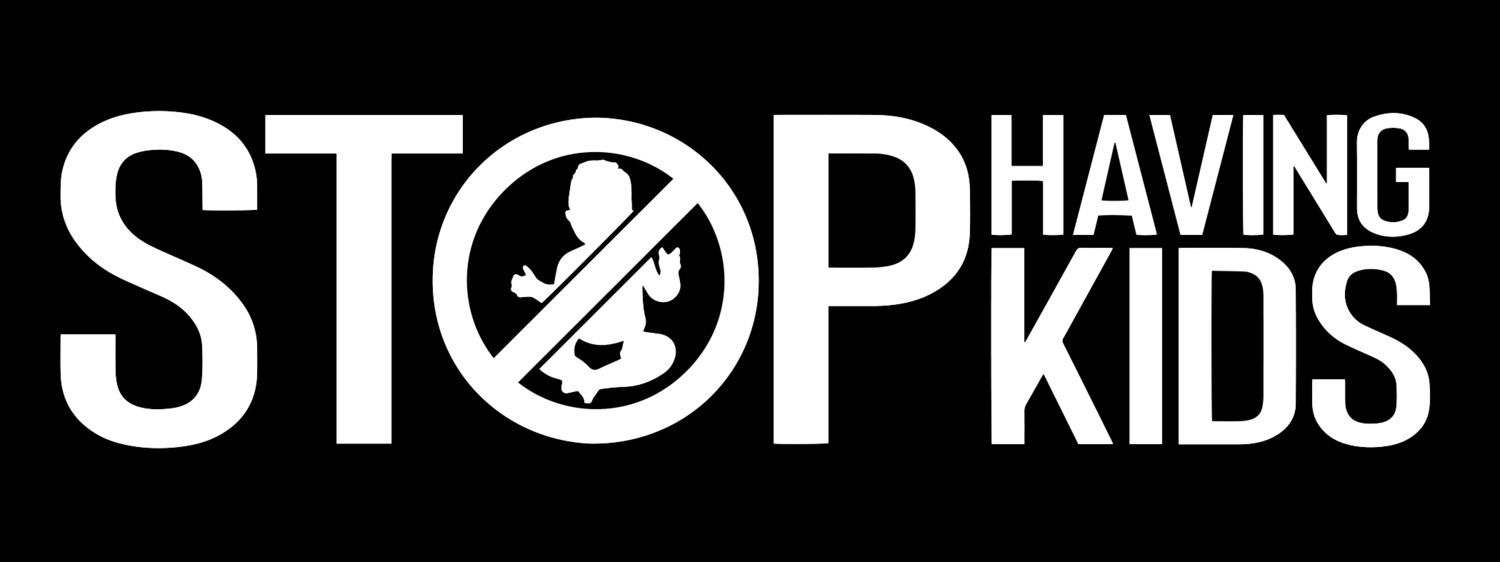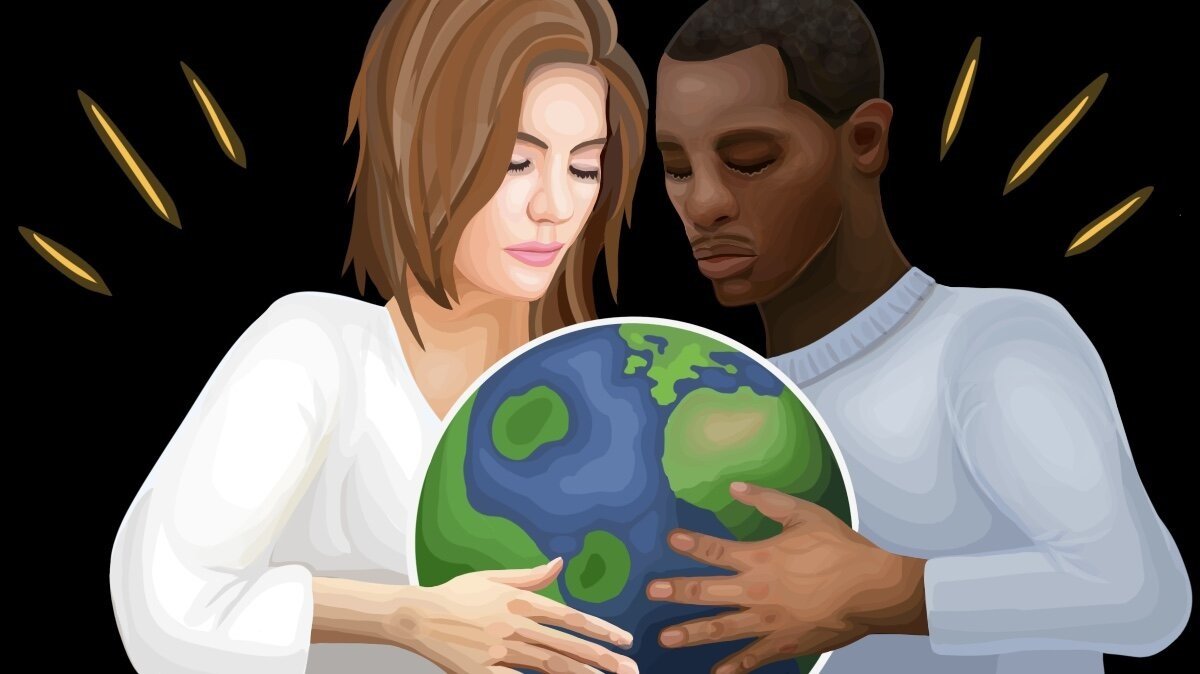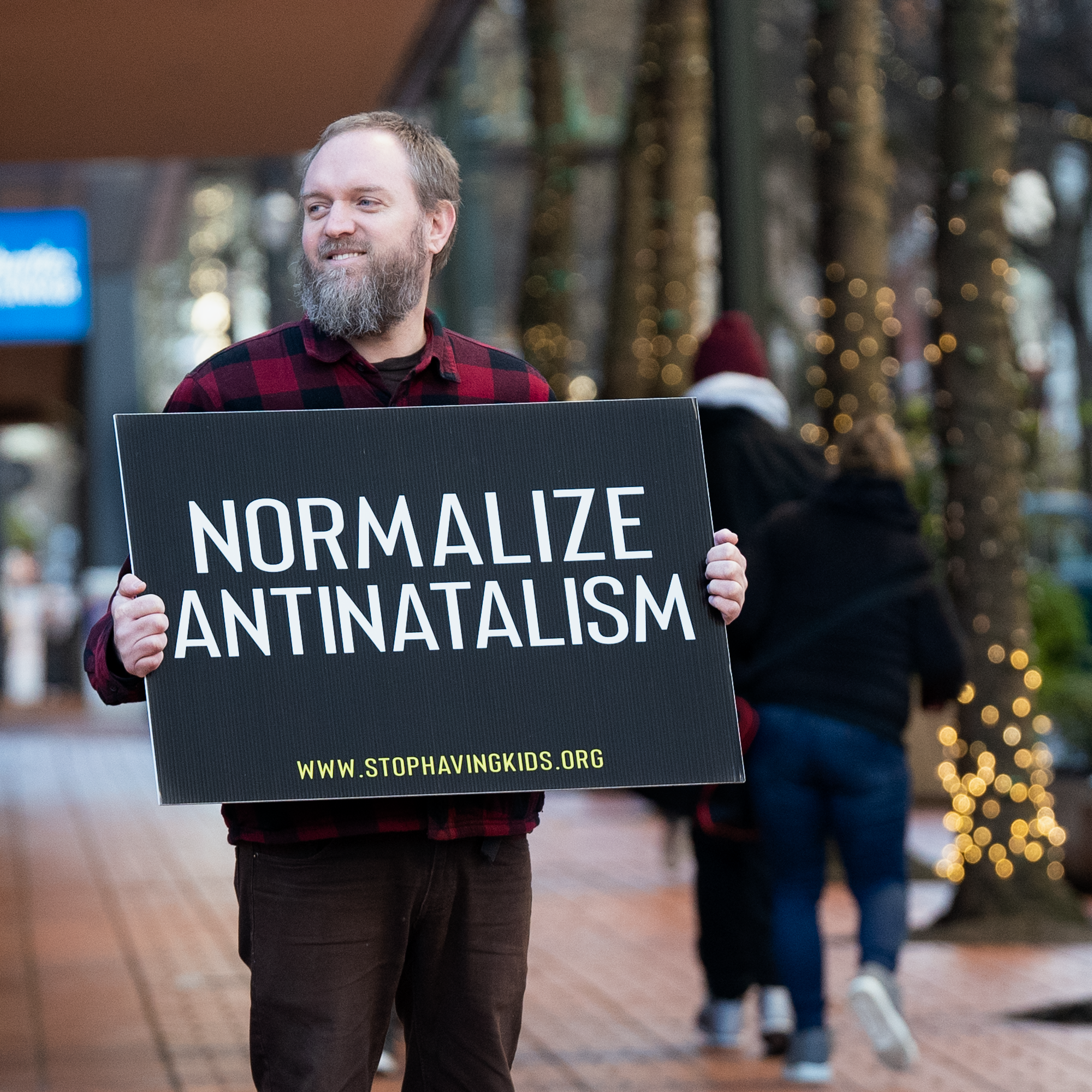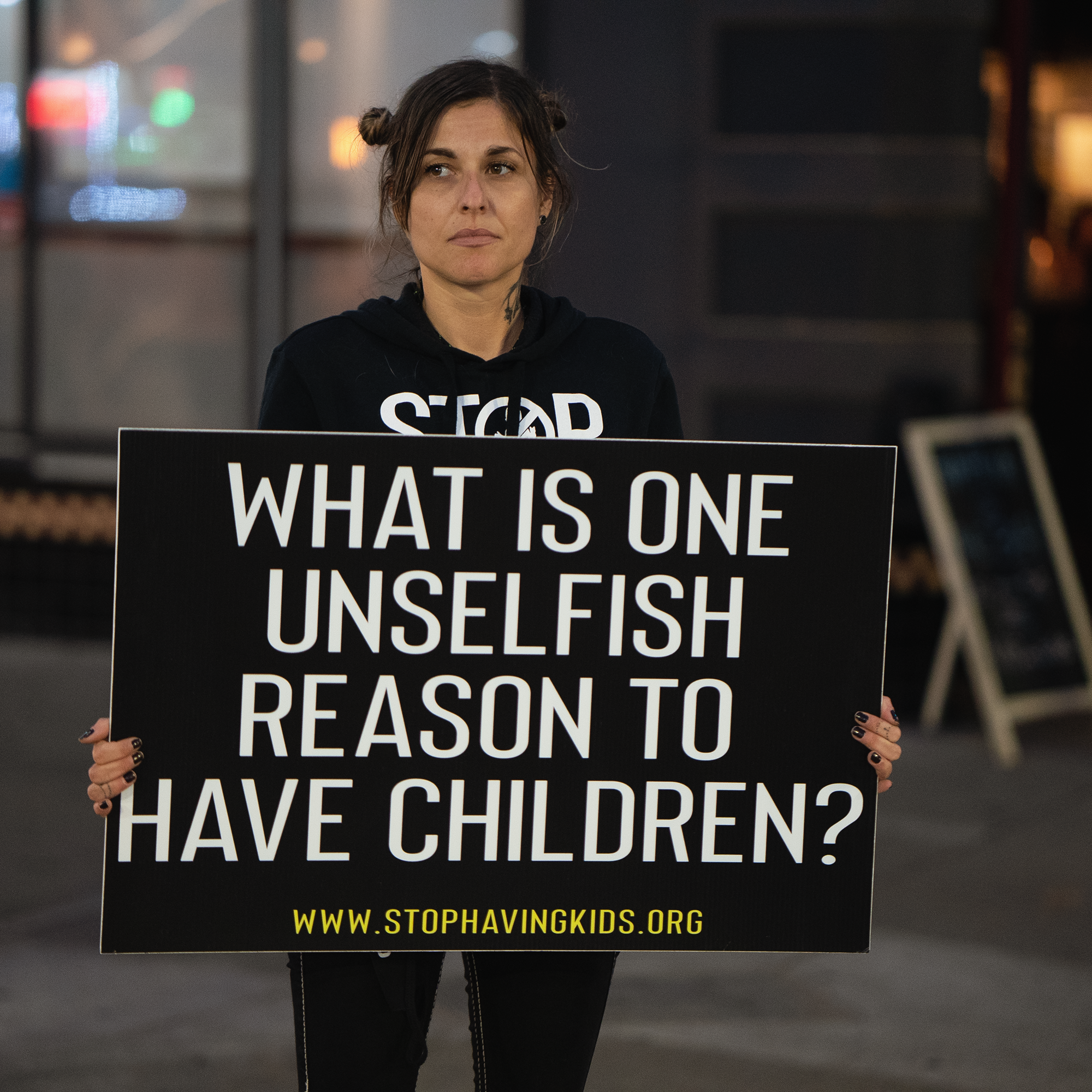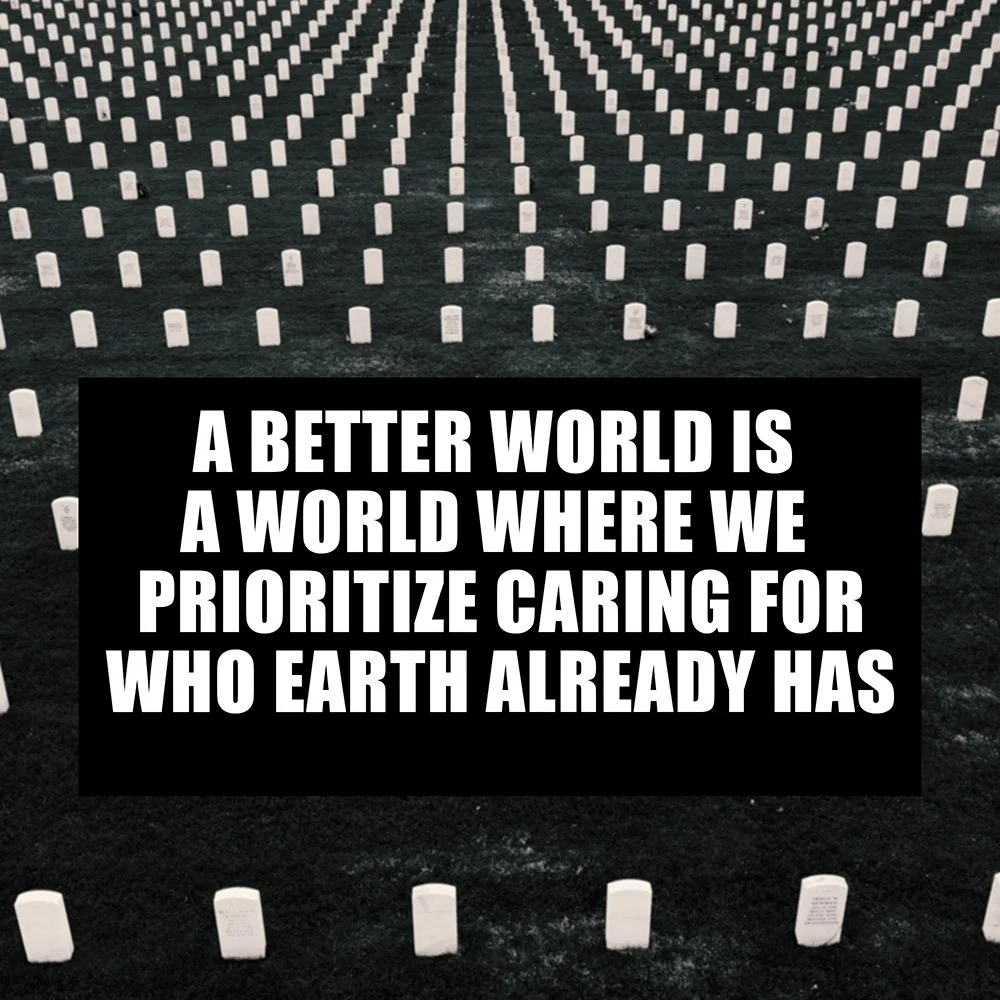What Is Antinatalism?
Read More
Antinatalism is a stance that it is wrong for humans as a whole to procreate. For SHK antinatalism is a philosophical and ethical stance against human reproduction, rooted in harm prevention and rational consideration for future life. Antinatalism regards the implications that procreation has, both for humans, other animals, and the natural world. Many antinatalists consider intentional human reproduction (besides exceptions related to force) an irreversible, unnecessary, indefensible, and enduring form of harm, regardless of circumstances, situations, or consciousness in living.
The spread of intentionally abstaining from procreation can radically help to prevent further suffering, exploitation, and environmental destruction in the world. Refraining from creating new life is the most efficient and effective means of minimizing suffering and injustice for all current and future sentient beings. Antinatalists can be humans of any age group and any background. Antinatalists may have had children (intentionally or unintentionally) in the past. As with anything else, someone can be an antinatalist without identifying as such. It should be noted that antinatalism is purely a personal stance, and it doesn’t inherently equate to taking reproductive rights and freedoms away from people.
Are Antinatalists Selfish?
Read More
Nobody can have a child for the child’s sake, because in non-existence from this world there’s no desire to exist or ability to voice one's consent to this existence. When antinatalists abstain from childbirth to prevent harm—to a new life and existing lives—it is done mindfully, not selfishly. No people or the Earth are being directly harmed by someone not coming into existence, but bringing someone into existence will bring about continuous avoidable harm for the person being born and incalculable others.
Having children is antithetical to harm mitigation—each new human is a gamble with guaranteed harms and, at best, questionable benefits to the living and natural world.
Humans who choose not to birth children or refrain from future procreation, are often labeled “selfish” by family, friends, coworkers, associates, and even strangers. The reality is that humans who want biological children can only justify it for reasons that are egocentric and self-focused, not out of rational interest for that future child and the world at large. These reasons can include, but are not limited to, the following; producing a human who can care for parents when they are older, help parents to achieve a heightened status with friends and family, fix a failing relationship, be an extension of who they are, give them a sense of meaning and purpose, be exploited for labor and money-making potential, and feed their ego or need for dependency. Some even opt for reproducing out of fear that they may regret not doing so otherwise, a fear inspired by societal pressure.
Prioritization
Read More
Humans will always have kids no matter what, but a better world is a world where as many humans as possible who have the will, desire, and capabilities to care for others prioritize the needs of who the world already has. Those with actual existing needs, feelings, interests, and desires should come before the unconceived.
“As we have seen, nobody is lucky enough not to be born, everybody is unlucky enough to have been born – and particularly bad luck it is.”
-David Benatar
